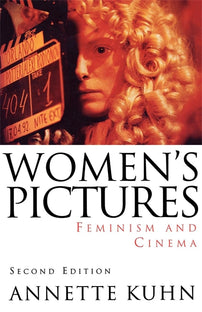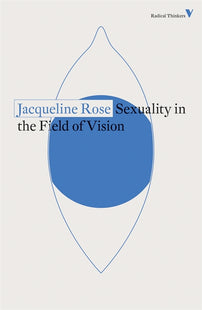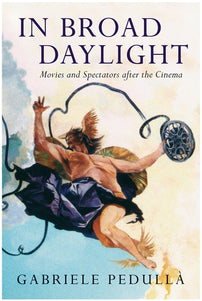Movie (1934)
A 1934 poem by Muriel Rukeyser, collected in Red Velvet Seat: Women's Writing on the First Fifty Years of Cinema.

"The [c]inema must please the women or die," wrote Manchester Guardian film critic C.A. Lejeune in 1926. "The vast majority of picture-goers are women and always will be." And while women like Lejeune wrote a great deal about film in the early decades of its history, little of that work has been anthologized or remained in print. Red Velvet Seat: Women's Writing on the First Fifty Years of Cinema, edited by Antonia Lant and Ingrid Periz and published by Verso in 2006, is a massive effort to fill in these gaps, bringing together more than 160 writings by women about the movies from 1895–1950. In their introduction, the editors write:
Cinema-going was the most important way in which women joined in the urban mass culture of the first half of the twentieth century. As film patrons, actresses, directors, and critics, they engaged with film as the most prominent medium of their age. They spoke of it as a precious refuge of their modern landscape, as a force of political change, as a pictorial mode, and as an opportunity both for education and for emotional transport; cinema "makes itself her weepery," as Dorothy Richardson put it.
Women published their film opinions in a host of venues — daily newspapers, parent monthlies, art and literary journals, the fashion press — and in writing styles from the highbrow modernist's to the agony aunt's. Gay women, straight women, black women, white women, old women, young women, all wrote in response to film, women as unalike as social reformer Jane Addams, gossip columnist Louella Parsons, Imagist poet H.D., and internationally read Italian short-story writer Ada Negri, as well as black performer Fredi Washington, early sex-educator Catheryne Cooke Gilman, labor organizer Mary Heaton Vorse, birth-control pioneer Marie Stopes, and American suffragist Lillie Devereux Blake. Such a diverse group in itself testifies to the breadth of cinema's impact, but also points cinema's propensity for multiple rather than singular response — there was no one female view of the cinema.
Spanning this diversity of forms and voices, the book includes texts by, among many others, Djuna Barnes, Maya Deren, Virginia Woolf, Germaine Dulac, Fredi Washington, Colette, Rebecca West, Janet Flanner, Charlotte Perkins Gilman, Anita Loos, Hazel Washington, and Muriel Rukeyser — whose 1934 poem "Movie," first published in New Masses, is reprinted below.
Spotlight her face her face has no light in it
touch the cheek with light inform the eyes
press meanings on those lips.
See cities from the air,
fix a cloud in the sky, one bird in the bright air,
one perfect mechanical flower in her hair.
Make your young men ride over the mesquite plains ;
produce our country on film : here are the flaming shrubs,
the Negroes put up their hands in Hallelujahs, 1
the young men balance at the penthouse door.
We focus on the screen : look they tell us
you are a nation of similar whores remember the Maine 2
remember you have democracy of champagne —
And slowly the female face kisses the young man,
over his face the twelve-foot female head
the yard-long mouth enlarges and yawns
The End
Here is a city here the village grows
here are the rich men standing rows on rows,
but the crowd seeps behind the cowboy the lover the king,
past the constructed sets America rises
the bevelled classic doorways the alleys of trees are witness
America rises in a wave a mass
pushing away the rot.
The Director cries Cut!
hoarsely CUT and the people send pistons of force
crashing against the CUT! CUT! of the straw men.
Light is superfluous upon these eyes,
across our minds push new portents of strength
destroying the sets, the flat faces, the mock skies.
Notes:
1. A critical reference to the depiction of African American religion in the 1929 King Vidor film Hallelujah.
2. A war-rallying slogan widely heard during the 1898 Spanish-American War.
[book-strip index="1" style="display"]





